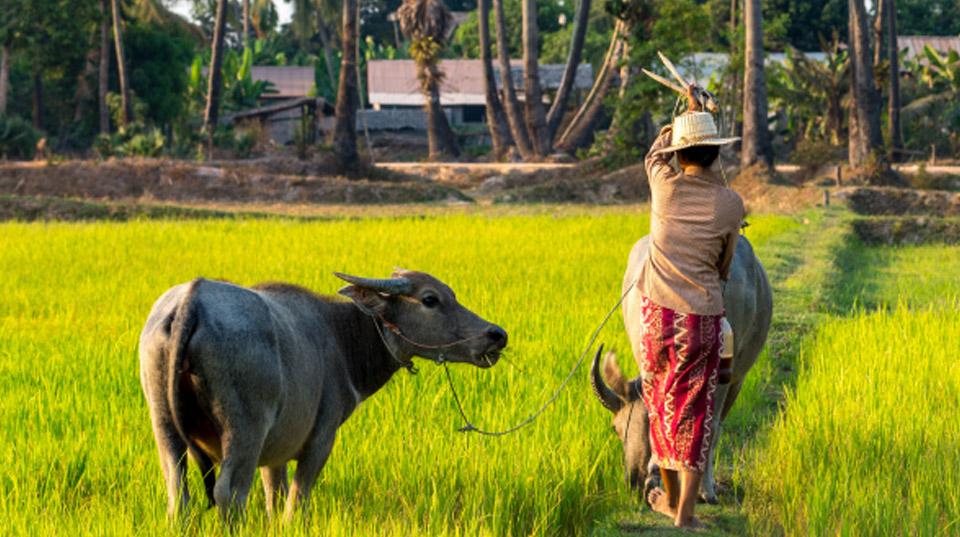Overview
This project aimed to improve planning of agricultural development in upland watersheds in the southern Philippines to increase agricultural production and protect watersheds: precursors to reducing rural poverty and improving livelihoods.
Sloping lands comprise an estimated 45% of the total land area in the Philippines and directly support 30% of the population. Agricultural development on sloping lands is intensifying in response to population increase and the concomitant need to diversify food and income streams. Sloping lands are, however, vulnerable to erosion and degradation of watershed function, which reduces the capacity to provide vital economic benefits and ecological services. Poverty can be addressed by increasing total factor agricultural productivity from sloping lands and protecting the watersheds where these changes are occurring, but success depends on carefully matching land use with land suitability.
Participants at an ACIAR-sponsored national workshop concluded that the nature of upland Philippines watersheds was not well enough known to allocate land use across watersheds or to guide the development of improved land management systems.
This ACIAR project led a focused process of watershed characterisation - analysing the suitability of land for agricultural development and planning land use to meet multiple social and economic objectives. These became the basis for a new phase of improved management for both productivity and sustainability.



